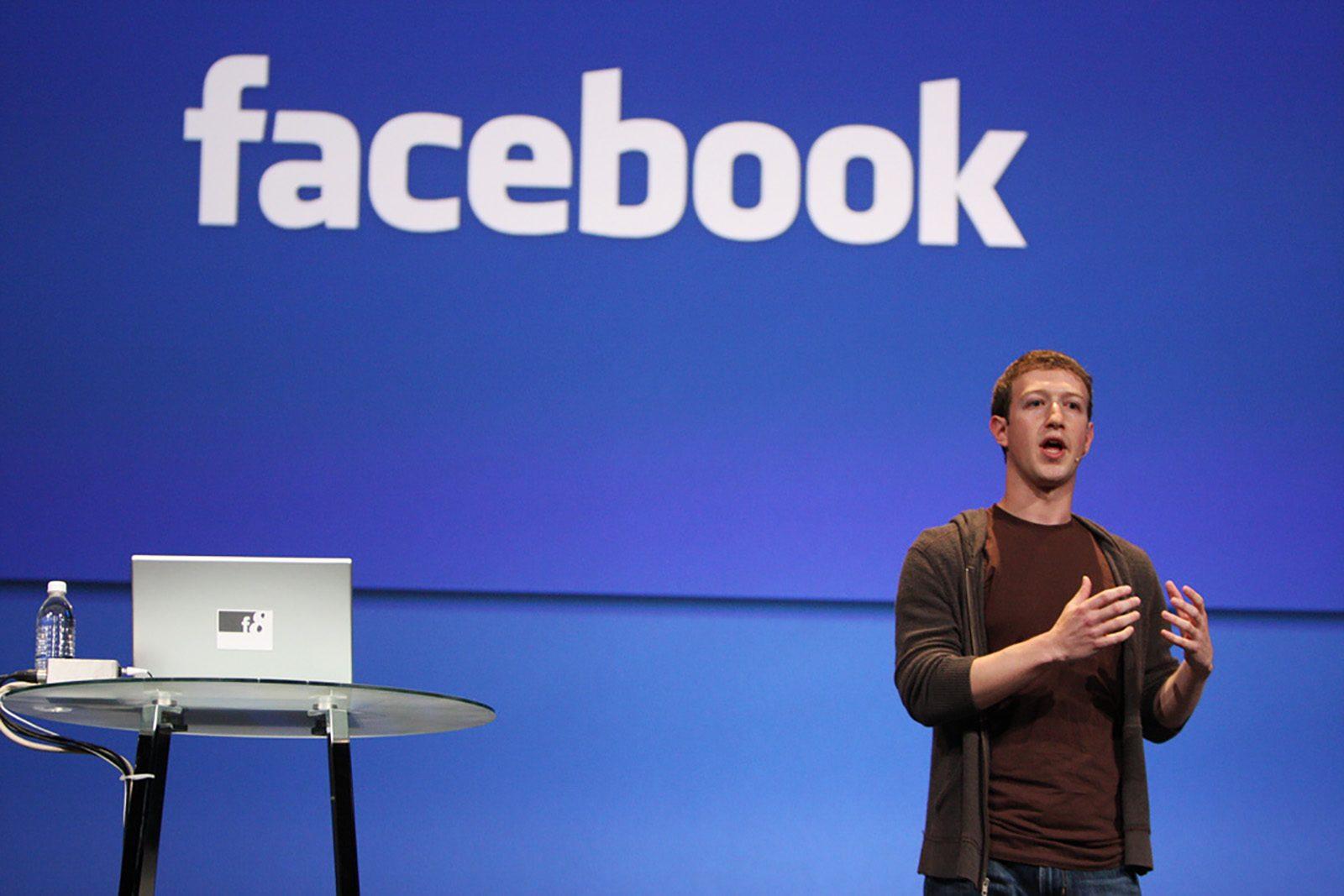Scrolling through a newsfeed is a highly personal experience. This content appearing is tailored to the individual whose thumb is touching screen or mouse, a goal of the platform with which the users are interacting. The more personal and resonating the content becomes on the platform, the more successful the platform becomes. However, this highly intimate and censored relationship with consuming information has recently come under fire, thanks to a man named Donald Trump.
In a recent NPR article, Mark Zuckerberg’s response to opinions that Facebook was behind the propagation of false news sources, somehow contributing to the outcome of the presidential election. In a statement at a conference last Thursday, Zuckerberg stated, “There’s a profound lack of empathy in asserting that the only reason why someone could have voted the way that they did is because they saw some fake news.”
Beyond Zuckerberg’s lack of responsibility for the events, the article went on to assert how he believed fake news was not at all influential in the events. “He also says his company has studied fake news and found it’s a ‘very small volume’ of the content on Facebook,” the article stated. “He did not specify if that content is more or less viral or impactful than other information.”
To understand Zuckerberg’s statement, one needs to first understand the goal of the platform and then the actual use of the platform. As a platform, Facebook was originally formed as a medium for connecting people. Thus, the moniker of “social network.”
However, the strictly personal and social interactions on Facebook have evolved rapidly, which most of us have witnessed since first creating our cringe-worthy middle school accounts. Facebook has moved beyond connecting people and entered the realm of connecting people to ideas and information — a news source, arguably.
As mentioned in the article, Zuckerberg’s intervention in allowing Trump’s hateful words to be spread across the platform on account of their newsworthiness sends the message that the platform moderates the news. It is irresponsible for the site to selectively moderate the news, as doing so allows users to remained confined to viewing content they agree with and thus making them more inclined to share and amplify fake news just because it fits within their set of beliefs.
Many have taken the approach that further honing an already-streamlined process would be beneficial to the overall user experience and consequent information gathering. Many Facebook users have been restating the idea of, “Unfriend me if you support Trump.” Certainly, everyone has a right to consume news in the manner they desire, but putting additional blinders on can only exacerbate a blatant concern. It also highlights the extent to which we, as college students in the Northeast, exist in such a bubble. It is why we were all in utter shock when states turned red on election night.
This whole conversation has two vital takeaways. The first is that we, as educated individuals, must educate ourselves to the best of our abilities. The second is that we must also purposefully reach outside of our intellectual bubbles to understand the greater majority of our country.
We attend a well-respected university and have worked hard to make our way through our academic careers. Therefore, media illiteracy is virtually unacceptable for us. However, media literacy must be a two-way street. If the only news outlet typically liberal college students consume is MSNBC, then it may be worth watching at least one evening of Fox News to at least understand where alternative perspectives come from.
Yet, our bubbles extend far beyond our news consumption habits. Often we may find ourselves engaging in conversations with people who have the same fundamental views as us. Get out there, find your conservative friends and pick their brains. Why do you believe this way? When did you first form this belief? These are the kinds of questions that need to be asked to understand different perspectives and to pop our metaphorical bubbles. Views certainly don’t need to be changed, but debate must take place. It may not be pretty, and you may want to throttle the person sitting across from you, but the ability to remain open-minded is the ability to move forward. Otherwise, the shock many received from this election will continue, time and time again.






















































































































